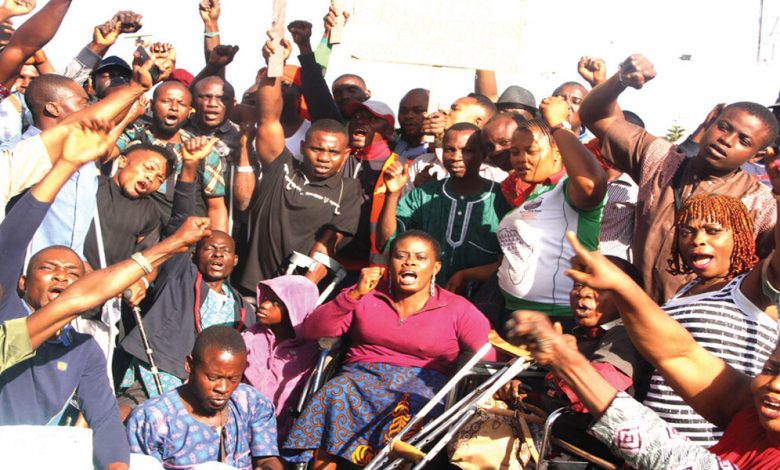
Some persons living with disabilities in Kano have been granted scholarships to study abroad by the state government.
The government had stated that people with disabilities are eligible for the state’s oversee scholarship program provided they meet the necessary requirements.
The State Commissioner for Education, Umar Haruna Doguwa, disclosed this on Thursday when officials of Mercy Corps and Coalition of Disabled Self Advocacy Network Group visited him in his office.
According to the Commissioner: “It is part of the current administration’s policy to ensure fairness and equal access to education for every indigene of the state, in line with international conventions.
“We will surely offer scholarships to those with first class and second class upper degrees, including those with disabilities, to encourage them to become productive citizens and live meaningful lives.”
He noted that the government would also explore the possibility of establishing inclusive schools in parts of the state.
“This is to make sure that people with disabilities are carried along in our development plans,” he emphasized.
The commissioner noted that as part of the determination to support PWDs, the state government recently offered 150 NECO examination registration forms to them, urging beneficiaries to make good use of the opportunity to ensure better living standards.
He promised that the state government will not relent in partnering with NGOs to improve the welfare of the people, urging development partners to key into the administration’s policies and programmes to ensure sustainable results.
Earlier, Nafisa Amadu Abubakar, policy and advocacy coordinator at Mercy Corps, and some representatives of physically challenged persons, urged the state government to support the organization to conduct a peace-building programme in the state and ensure that the PWDs are not left out of the government’s developmental plans.
Similarly, Doguwa assured that the state government would collaborate with development partners, to address the critical education needs of the state, especially in teachers’ professional development, girl-child education, education for vulnerable children, and access to digital education.
